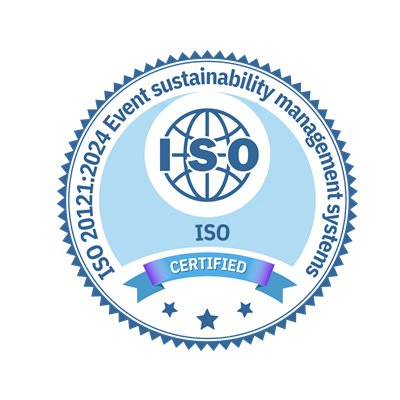For certification in ISO 20121:2024, there are typically some prerequisites that organizations should consider:
### Common Prerequisites
1. **Understanding of the Standard**:
- Familiarity with the ISO 20121:2024 standard is essential. Organizations may benefit from training sessions or workshops.
2. **Sustainability Practices**:
- Existing sustainability policies or practices should ideally be in place to align with the standard’s requirements.
3. **Management Commitment**:
- Leadership support is crucial for the successful implementation of a sustainability management system.
4. **Resources and Training**:
- Ensure that staff are trained in sustainability concepts and the specifics of ISO 20121.
5. **Documentation**:
- Preliminary documentation of current processes and sustainability efforts may be required for initial assessments.
6. **Gap Analysis**:
- Conducting a gap analysis to identify areas that need improvement before seeking certification can be beneficial.
Organizations should check with their chosen certifying body for specific prerequisites, as requirements may vary.

